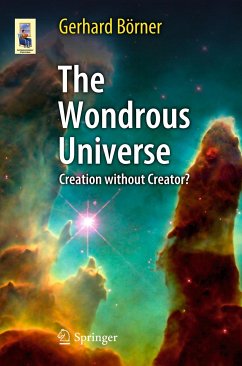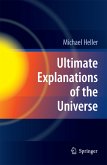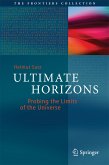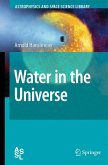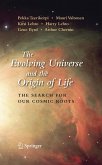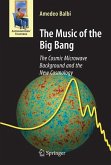The author, an experienced scientist and teacher, presents the knowledge that we have about our world for non-experts. He takes us on a journey through cosmology and the quantum world of elementary particles. And he sketches the impact of the insights gained into philosophical assumptions and religious beliefs in these disciplines. In the end he asks the speculative question whether there is something beyond the limits of the natural sciences. Gerhard Börner is a Professor of Physics at the Ludwig Maximilians University in Munich and conducts research on the early universe and dark matter at the Max Planck Institute for Astrophysics in Garching near Munich. He received his PhD for a thesis on particle physics under the supervision of Werner Heisenberg and Hans-Peter Dürr. Professor Börner is the author of the successful graduate textbook "The Early Universe" (published by Springer and now in its 4th edition), as well as of several popular science books on cosmology. In 2009 he received the Chinese Academy of Sciences Award for International Cooperation in Science and Technology (together with Prof. Maurice-Roger Bonnet). In 2010 he received the "Friendship Award," and in January 2011 the Chinese government's National Award for Cooperation in Science and Technology, the highest honor bestowed on foreigners.
Dieser Download kann aus rechtlichen Gründen nur mit Rechnungsadresse in A, B, BG, CY, CZ, D, DK, EW, E, FIN, F, GR, HR, H, IRL, I, LT, L, LR, M, NL, PL, P, R, S, SLO, SK ausgeliefert werden.
"Börner (Ludwig Maximilians Univ. of Munich, Germany) expresses awe and wonder about the universe that humans experience and looks for meaning behind it all. The bulk of the slim volume considers many of the big questions of modern physics. ... do well as an auxiliary read in courses that treat science and religion. An interesting addition to college libraries. Summing Up: Recommended. Lower- and upper-division undergraduates." (K. L. Schick, Choice, Vol. 49 (8), April, 2012)

